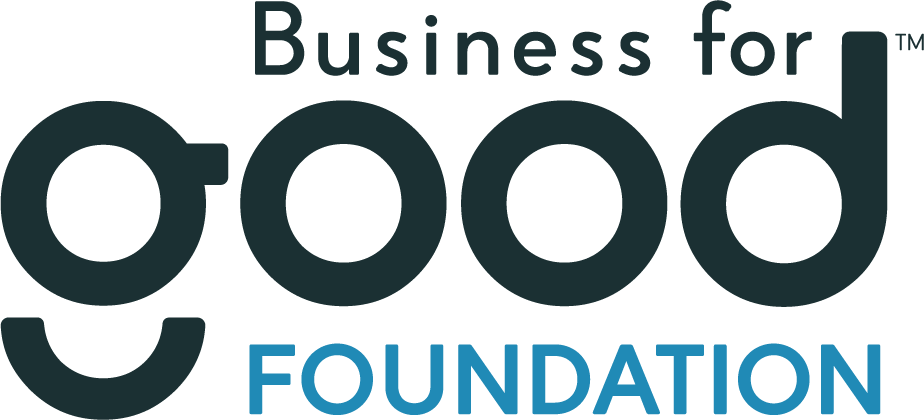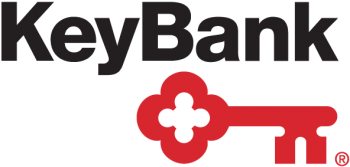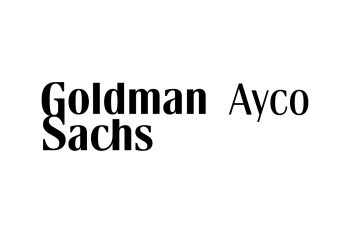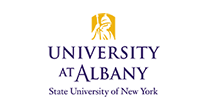News
April 29, 2021How Higher Education Adapted to the Pandemic Focus of Feigenbaum Forum on Innovation and Creativity
The COVID-19 pandemic opened the doors to innovation for residential colleges and universities, many of which had been slow to change while operating under the same basic model for generations.
The challenges faced by these schools, including Union, and how they adapted, is the focus of the sixth annual Feigenbaum Forum on Innovation and Creativity.
The virtual forum will be Tuesday, May 4, from 6 to 7:30 p.m. It is free and open to the public. Registration is required.
Four leaders in higher education highlight the forum, which will be moderated by President David R. Harris. A question and answer session will follow.
The four include:
Joshua Kim, director of Online Programs and Strategy at the Dartmouth Center for the Advancement of Learning and Senior Scholar at Georgetown University. With Eddie Maloney, Kim published “Learning Innovation and the Future of Higher Education,” and “The Low-Density University: 15 Scenarios for Higher Education.” He also writes the daily Learning Innovation blog on InsideHigherEd.com.
Mary Beth Labate, senior advisor at Brown & Weinraub. Previously, she served as president of the Commission on Independent Colleges and Universities (CICU), a statewide association representing the public policy interests of the chief executives of more than 100 independent colleges and universities in New York state. She has more than 30 years of experience in government and public policy, including senior advisor to the chancellor for fiscal policy for the State University of New York (SUNY). She spent 23 years in the New York State Budget Division, culminating in her appointment as budget director and first deputy budget director, where she was responsible for day-to-day operations of the Budget Division and overall management of the state’s $154 billion financial plan.
Brian Rosenberg, President in Residence at the Harvard Graduate School of Education and president emeritus of Macalester College, which he headed for 17 years. A regular contributor to The Chronicle of Higher Education, Rosenberg has written about colleges and universities for publications including The New York Times, the Washington Post and the Los Angeles Times. He is a member of the boards of the Teagle Foundation and Allina Health in Minnesota.
Jeff Selingo, special advisor for innovation and professor of practice at Arizona State University. Selingo has written about higher education for more than two decades and is a New York Times bestselling author of three books. His latest book, “Who Gets In & Why: A Year Inside College Admissions,” was published in September 2020 and was named among the 100 Notable Books of the year by the New York Times. Selingo is a regular contributor to The Atlantic and co-hosts the podcast, FutureU. He was the top editor of the Chronicle of Higher Education, where he worked for 16 years in a variety of reporting and editing roles.
“Given all that we have experienced over the past 12 months, this is the perfect year to focus on higher education,” said President Harris. “Engaging with national experts, we will consider recent innovations, and what the forced experiments at schools across the country tell us about what should change, and what should not, if liberal arts colleges are to thrive in the future.”
The Feigenbaum Foundation, created by brothers Armand V. Feigenbaum ’42 and Donald S. Feigenbaum ‘46, longtime benefactors to Union, supports the forum.
Acknowledged world leaders in systems engineering and total quality control, the brothers founded General Systems Co., a Pittsfield, Mass.-based international systems engineering firm that designs and helps implement operational systems for corporations and governments worldwide. Armand died November 2014; Donald, March 2013.
For more than a dozen years, the brothers hosted the Feigenbaum Forum, a gathering on campus at which academicians discussed characteristics of a new generation of leaders and how better to integrate liberal arts and other studies. The current series builds on this event by bringing in prominent speakers who have revolutionized their fields of endeavor through contributions deemed innovative and creative.
Previous speakers have included Pulitzer Prize-winning New York Times columnist and author Thomas Friedman; John E. Kelly III ’76, a former executive vice president at IBM; noted techno-sociologist Zeynep Tufekci; Howard Gardner, an internationally renowned psychologist; and artist and designer Maya Lin, whose work includes the Vietnam Veterans Memorial and the Civil Rights Memorial.



























